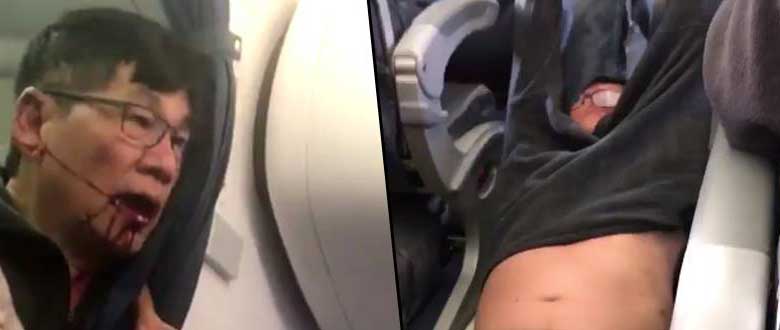As a brand building enthusiast, I’ve been carefully watching as United Airlines tries to repair the self-inflicted damage caused by their decision to forcibly remove Dr. David Dao from United Flight 3411.
There have been many articles written about what happened and why. People have opined about the lessons to be learned from such a massive public relations disaster. United has even announced a new executive compensation plan tied to customer satisfaction levels. While much has been written about this fiasco, it doesn’t appear that United will ever learn the most important lesson from this failure.
Why did United employees working the flight decide to stop increasing the offer to entice one more passenger to voluntarily give up their seat? Would an additional offer or $100 more have been enough? We will never know. Was the gate agent in charge afraid to exceed the authorized limit for fear of losing their job? Were they unable to reach a supervisor for authorization to offer more money to peacefully secure another volunteer? Was that supervisor afraid of losing their job if they offered more money?
Depending on the company culture at United, had the gate agent exceeded the authorized limit, spent $100 more than allowed, and successfully secured an additional volunteer, this whole mess would have been avoided, but the poor gate agent might have been fired for violating company policy. That $100 would have averted hundreds of millions in lost shareholder value and the incalculable damage their brand has suffered.
The only facts on hand would be a harried gate agent that went over budget to accommodate the dead heading crew. Their reward would be discipline and or loss of their job.
Richard Branson famously says the secret to his success is to take care of his employees and in return they will take care of his business.
That’s clearly not the case in the airline business. Too few employees, working for meager wages, dealing with tens of thousands of customers every day, combined with a near monopoly by a handful of companies, has created a customer service nightmare across the entire industry. They can treat the passengers as cattle and get away with it. So how dare a poor gate agent offer $100 more to accommodate a passenger on a different flight.
The lesson that United will never learn is this. When you move quickly to resolve a customer service issue, all you risk is the money it costs you to satisfy the customer. It might seem like a lot but you know exactly how much it cost to satisfy the customer. The damage has been contained. When you cheapen out and don’t quickly resolve the issue, you have no way to know how much the unsatisfied customer is going to costs you.
If you find that your support people are spending a lot of money to satisfy customers, the problem isn’t how much it costs to clean up a customer service problem, the problem is why there are so many unsatisfied customers. That’s where you need to focus your training and leadership skills.
The customer relations lesson you can learn for a lot less than United is this. When a customer has a complaint or a problem, move quickly to address their concerns. Ask them what they want to solve their problem. Ask them if that will solve the problem and make them happy. If they say yes, do it and do it quickly. They will be very impressed with your response and you will know the extent of what it cost you to keep a satisfied customer.






